Tyson Foods, the world’s largest meat company, has spent the last couple of years trimming its processing network, and the cuts are starting to sting. In late 2024 the company announced plans to close its 328,000‑square‑foot plant in Emporia, Kansas and two smaller cheesesteak factories in Philadelphia. The news blindsided workers and local officials, who heard that more than 1,000 jobs would vanish in the name of “efficiency”.
These closures follow a series of shutdowns across the Midwest and South that have reshaped small towns and triggered wider questions about meat supply, corporate strategy and rural economies. Here’s how Tyson’s latest plant closures are playing out on the ground and why the company says it’s making these moves.
A Triple Blow to Workers
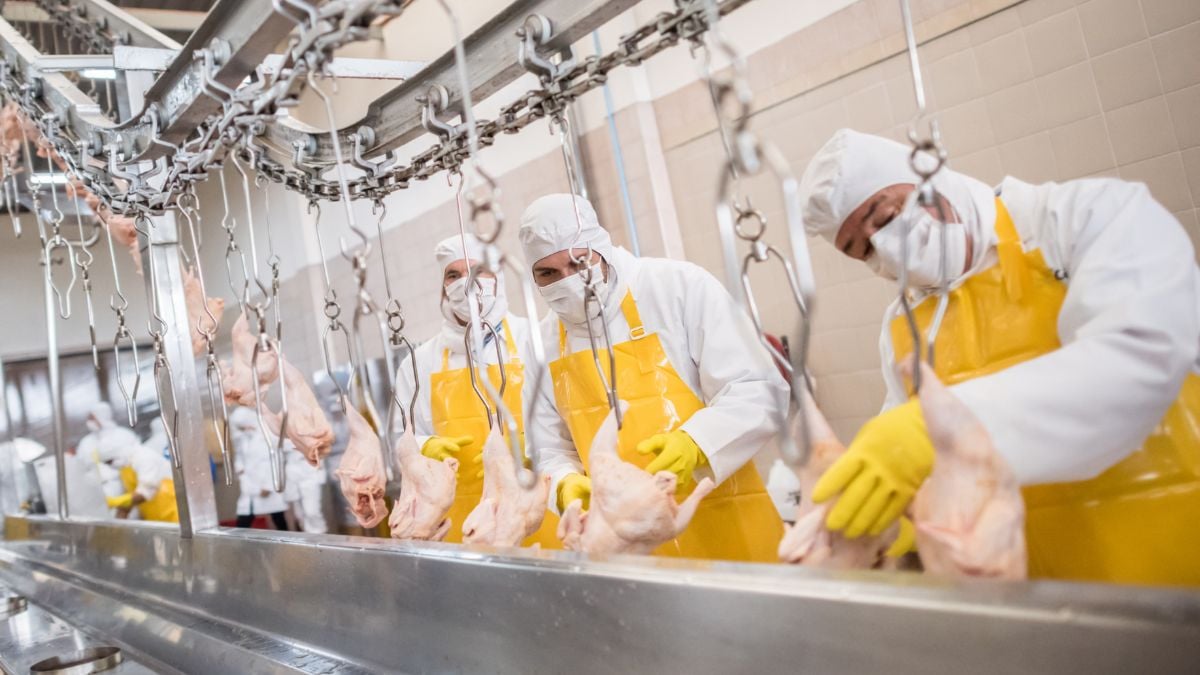
In December 2024, Tyson confirmed it would shutter three U.S. plants: its Emporia, Kansas beef and pork facility and two Original Philly cheesesteak factories in Philadelphia. The Emporia plant, which seasons and marinates proteins and grinds beef, is set to close on Feb. 14, 2025, eliminating 809 positions. The two Philadelphia sites will shut by Jan. 31 and affect another 229 workers. Tyson framed the move as part of a broader effort to weather a down cattle cycle and operate more efficiently. For employees and communities, it’s an abrupt end to jobs many thought were secure.
Letters and Layoffs in Kansas

Tyson’s Kansas workers heard the news through a letter from vice‑president Ernesto Sanchez, who told them that the Emporia facility would “permanently end all operations” around Feb. 14, 2025. The 328,000‑square‑foot plant employs over 800 people and produces marinated meats and ground beef. A WARN notice filed with the state confirmed that 809 jobs are on the line. Employees have been told some positions may stretch beyond the February closure date, but most will be terminated then. The sudden announcement piled on anxiety in a community where Tyson is a top employer.
Cheesesteak Factories Get the Chop
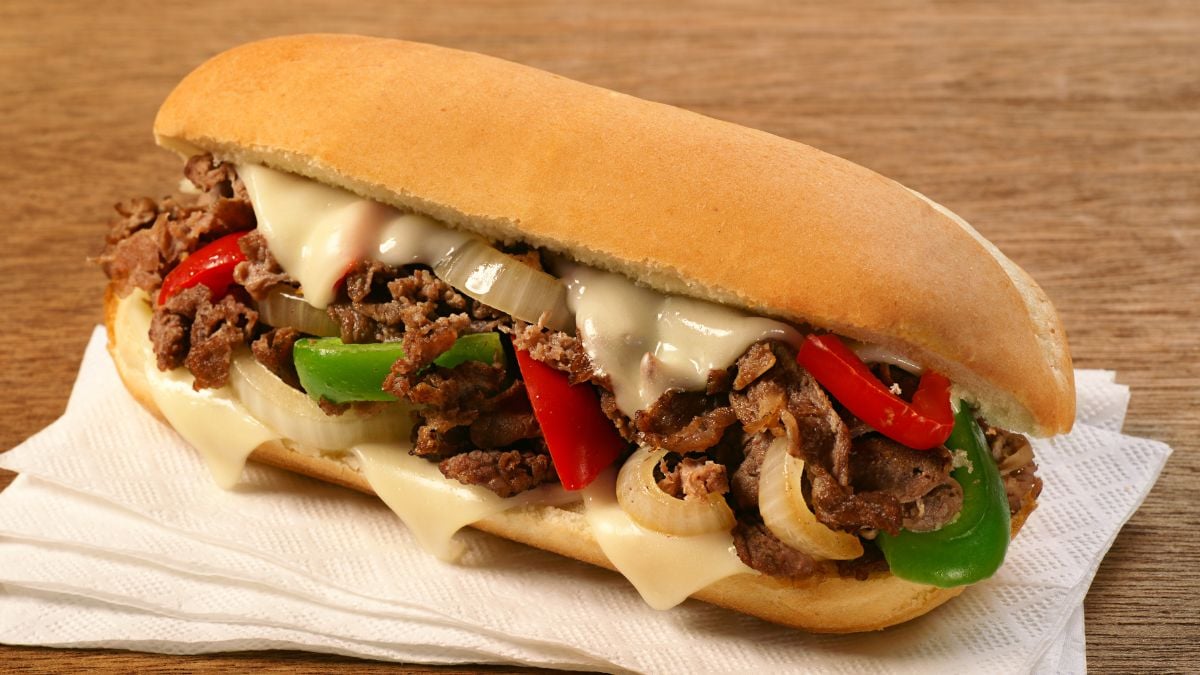
In North Philadelphia, Tyson is also closing its Original Philly Raw plant on E. Hunting Park Avenue and its Original Philly Cooked facility on North American Street. The Raw plant is slated to shut Dec. 13 and the Cooked plant on Jan. 31. More than 200 employees will be laid off. These facilities, acquired when Tyson bought Original Philly Holdings in 2017, supply the sliced meat that powers countless cheesesteaks. The company says closing them is a strategic move to boost efficiency, though it leaves Philadelphia without a longtime specialty meat maker.
Efficiency Talk From Tyson

Tyson executives justify the closures as necessary house‑cleaning. Scott Shipferling, Tyson’s vice‑president of operations, told state officials that shutting the Philadelphia plants aligns with a strategy “to operate more efficiently”. In emails, company spokespeople said they will work with state and local leaders to provide resources and encourage laid‑off workers to apply for jobs at other Tyson sites. In Kansas, the company emphasised that it still employs more than 5 000 people at other facilities and said efficiency gains are essential to serving customers. Critics argue the corporate rhetoric fails to ease fears for families facing unemployment.
Beef Business in a Down Cycle
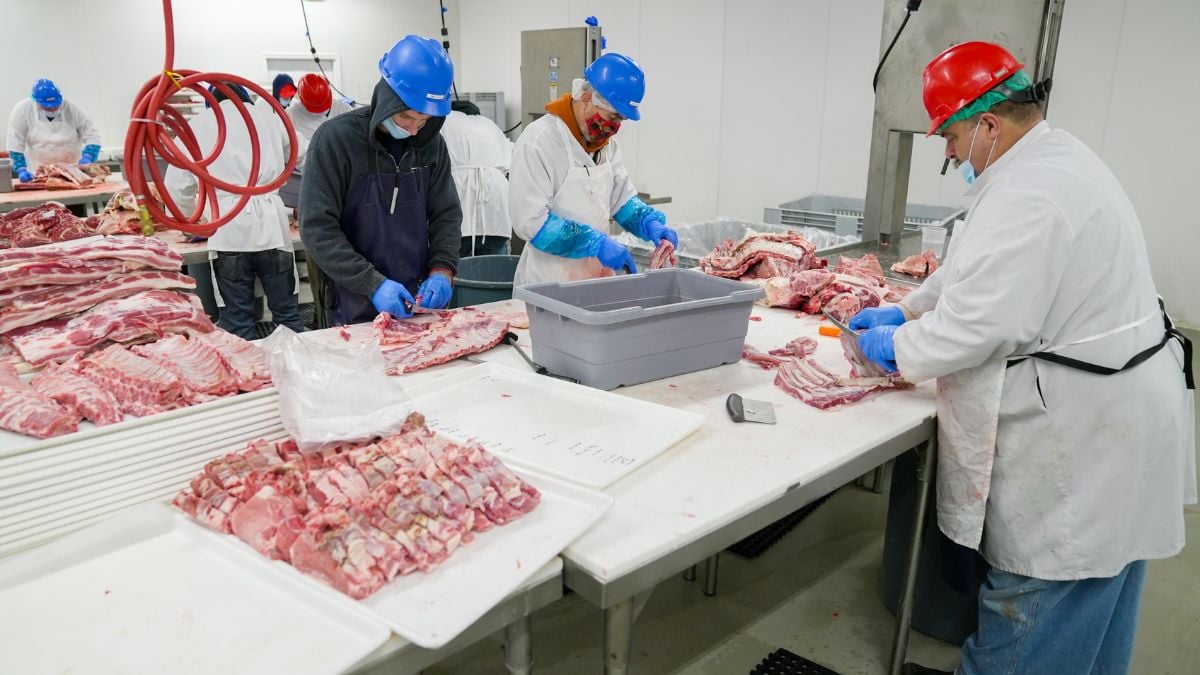
Behind the closures lies a strained cattle market. The U.S. cattle herd is at its smallest in decades, squeezing beef supply and driving Tyson’s beef segment to an adjusted loss of $291 million in fiscal 2024. The company blamed the down cattle cycle and high operating costs for cutting into profits. Even as Tyson’s pork and prepared foods units improved, executives warned that cattle shortages continue to hurt margins. The Kansas plant, which processes beef, became a casualty of these pressures.
Iowa’s Pork Plant Closure
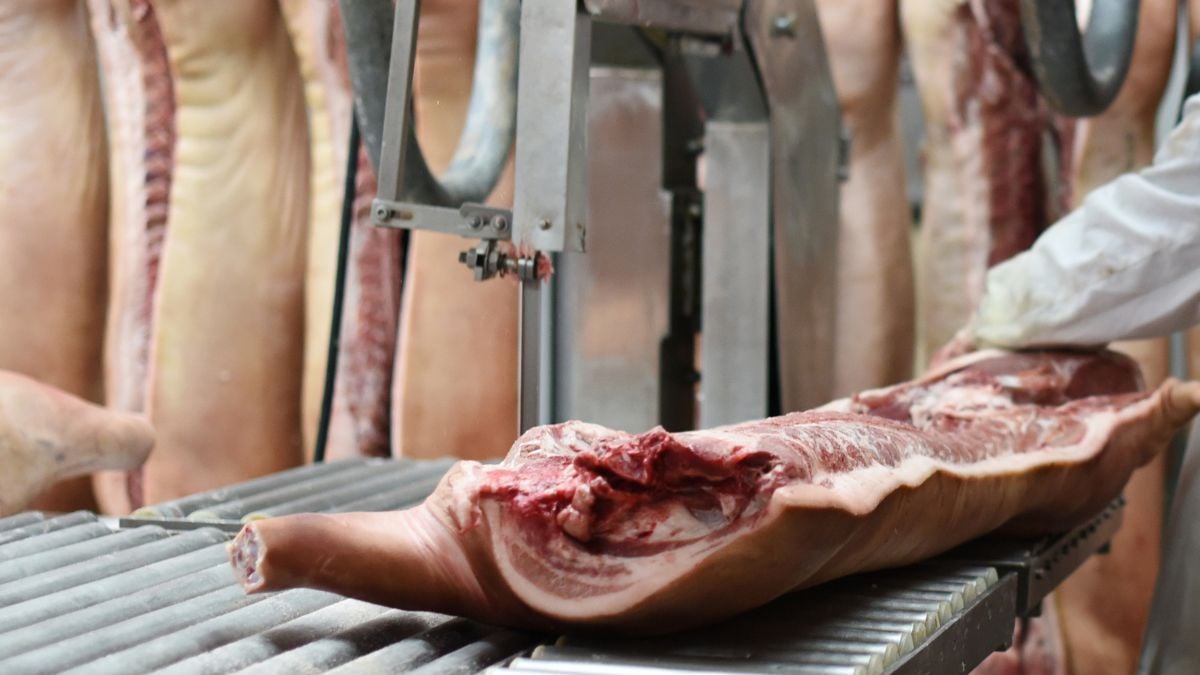
The Kansas and Philadelphia shutdowns aren’t Tyson’s first dramatic cuts. Earlier in 2024 the company closed a 60‑year‑old pork plant in Perry, Iowa—one of at least three fresh meat facilities shuttered since 2023. The closure followed months of volatility in Tyson’s pork business as high grain costs squeezed margins. Thousands of workers lost jobs, and local officials scrambled to help them retrain. The move underscored that Tyson’s cost‑cutting spree isn’t confined to beef or chicken; it’s sweeping across proteins.
Chicken Plants Go Dark in Small Towns
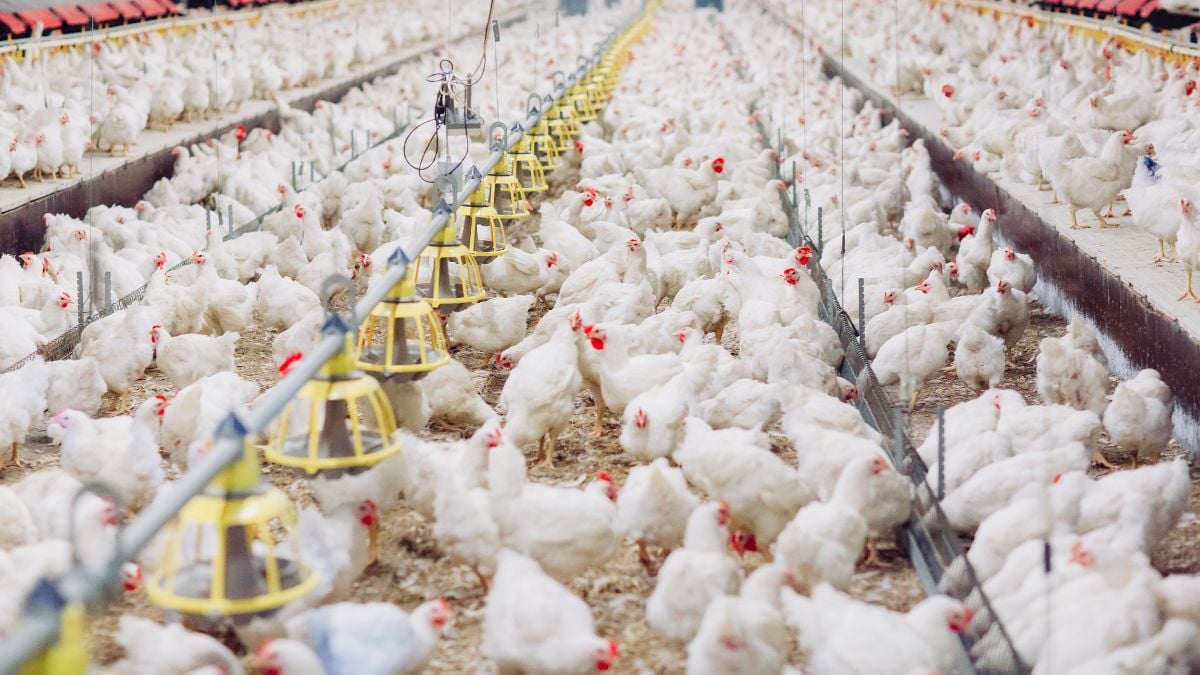
Tyson’s cost‑cutting ramped up in August 2023 when the company announced it would close four chicken plants in North Little Rock, Arkansas; Corydon, Indiana; Dexter, Missouri; and Noel, Missouri. Together, these facilities accounted for about 10 % of Tyson’s chicken‑slaughter capacity and employed roughly 3 000 workers. Local officials were stunned, noting that the Noel plant alone employed around 1 500 workers in a town of 2 100 residents. Dexter’s 683 workers worried about relocating and the city shelved a planned $18 million wastewater project tied to the plant. Tyson said the closures would shift production to newer, more efficient facilities, but towns faced a painful adjustment.
Leaders Rally to Help

Reactions to Tyson’s cuts have been swift. Kansas Senator Roger Marshall called the Emporia closure “devastating news” and pledged to help workers find new jobs. The Kansas Department of Commerce activated its Rapid Response Team to coordinate job fairs, retraining and re‑employment services. In Emporia, city and county officials released a joint statement stressing that the local economy is resilient and promising to collaborate with partners to support affected workers. Elsewhere, small‑town leaders like Corydon’s town manager acknowledged that when big corporations make business decisions, local governments have little leverage.
Ripple Effects on Farmers and Communities
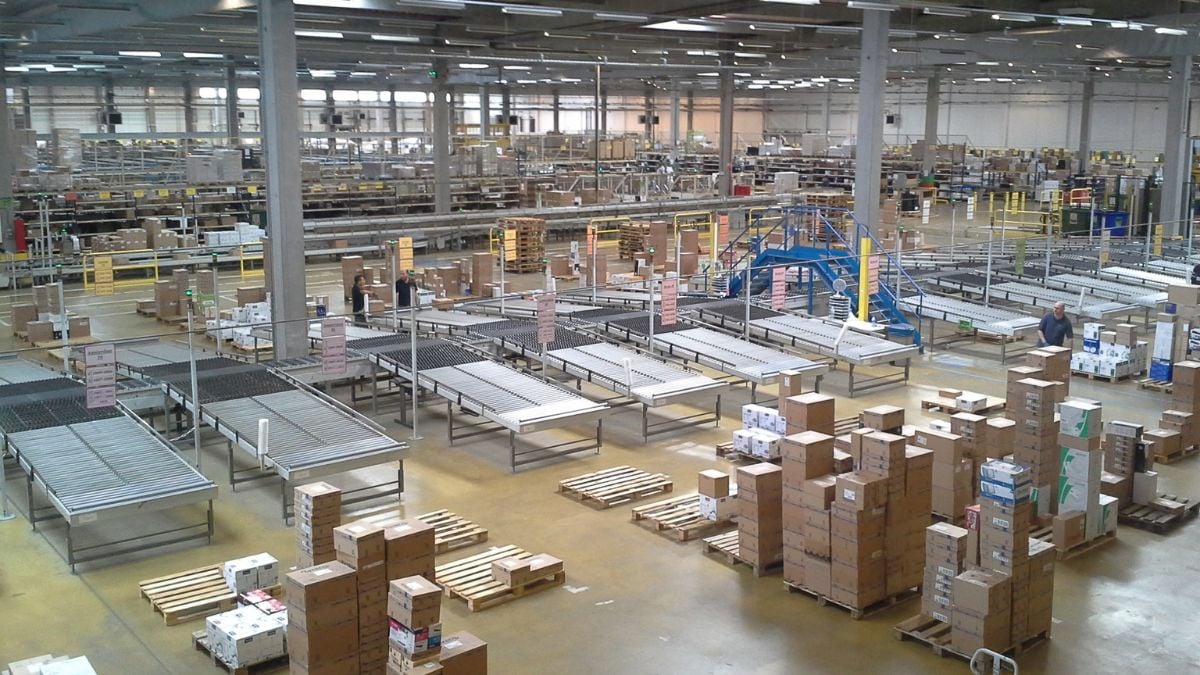
The shutdowns don’t just affect plant employees. In Missouri, about 29 farmers who operate chicken houses to supply Tyson’s Dexter plant face uncertain futures. Grain growers who supply feed and contractors working on a halted $18 million wastewater plant are also feeling the pinch. Similar stories are playing out around Kansas, where restaurants and service businesses worry about losing hundreds of customers. Tyson has promised to help relocate workers and encouraged them to apply for openings at other facilities, but the broader economic shockwaves are harder to contain.
The Road Ahead for Tyson and Meat Processing
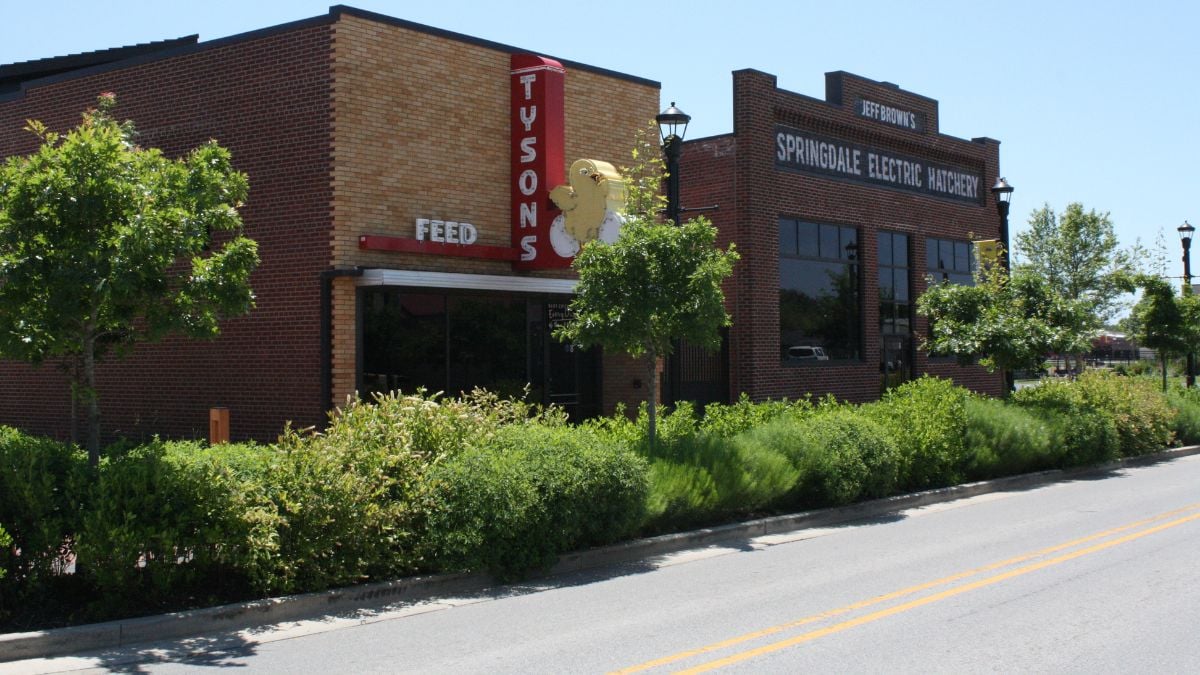
Tyson insists these moves are part of a long‑term strategy to streamline its network and invest in larger, more efficient plants. Executives say the closures, while painful, will help the company weather volatile commodity cycles and better serve customers. Industry analysts note that Tyson’s pork and prepared foods units are rebounding and that value‑added products may drive growth. Still, the closures highlight a challenging balancing act: cutting costs in an era of tight cattle supplies and high input expenses while maintaining goodwill in rural communities that rely on Tyson for jobs. As the company doubles down on efficiency, workers and towns are left to pick up the pieces and hope new industries emerge.

